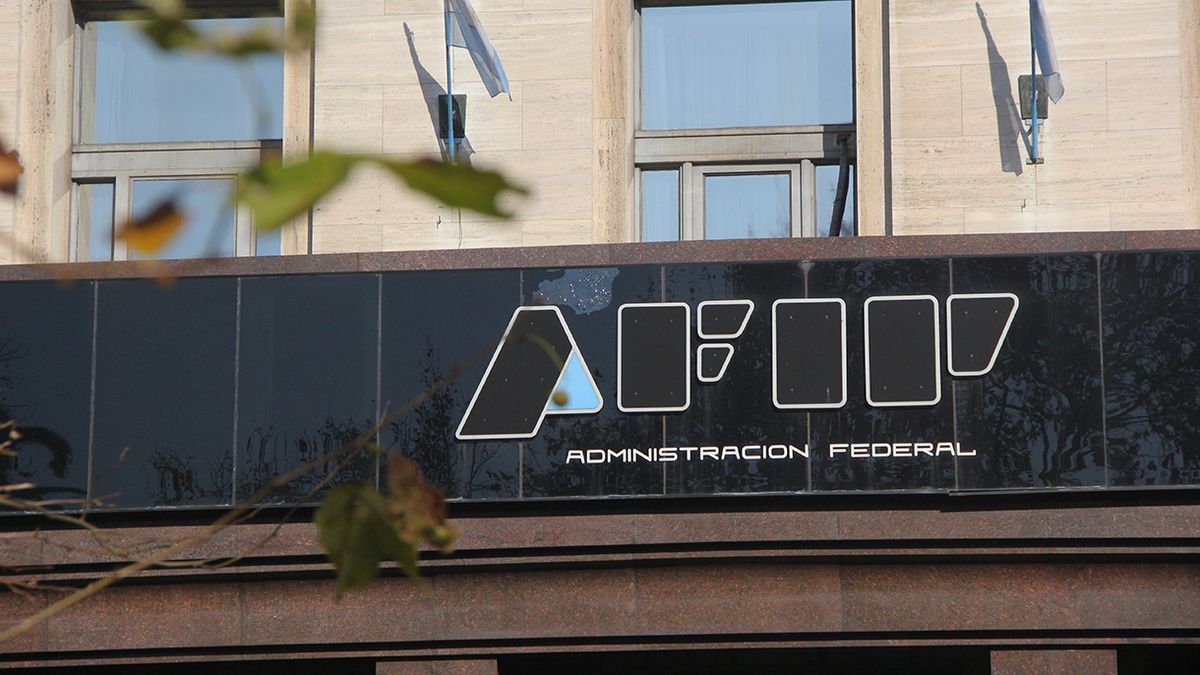Automatic electronic audits are non-face-to-face checks and controls based on information from different databases to detect inconsistencies in tax compliance.
The tool It has been used by the AFIP of Marcó del Pont since 2020. Over the last two years, revenue generated by the automated tool exceeds $4.5 billion in almost two years.
Electronic auditing strengthened control tasks over the sectors with the greatest taxpaying capacity in the framework of the Covid-19 pandemic. It is about using resources to identify inconsistencies in the affidavits filed by taxpayers.
The tool offers a technological advance in auditing to address different maneuvers that affect collection. The mechanism allows for wide-ranging audits from different sources of information that, in most cases, do not require any additional information from taxpayers.
“The data from the AFIP show a high level of responses from taxpayers to these audits, which were rectifying sworn statements and fulfilled the fiscal claim,” they indicated from AFIP. However, the agency identified a group of taxpayers who did not comply with the requirements or who did not comply with the tax claim.
The letters sent by the AFIP to the Electronic Tax Address of non-compliant taxpayers recall the validity until March 15, 2022 of the moratorium established by the Tax Relief Law. The plan of regularization allows to include tax, customs and social security obligations due as of August 31, 2021.
There are 14 reasons why electronic audits were started. Some of these were:
- Lack of presentation of the Cedular Tax
- Unreported grain settlements.
- Undervaluation of real estate abroad in the affidavits of Personal Assets.
- Use of apocryphal invoices (improper calculation of tax credit for purchases from suppliers that have irregularities and non-compliance).
- Undeclared returns for various financial investments in the Income Tax.
- Accreditations from abroad not declared.
- Lack of declaration of leases.
Source: Ambito
David William is a talented author who has made a name for himself in the world of writing. He is a professional author who writes on a wide range of topics, from general interest to opinion news. David is currently working as a writer at 24 hours worlds where he brings his unique perspective and in-depth research to his articles, making them both informative and engaging.




